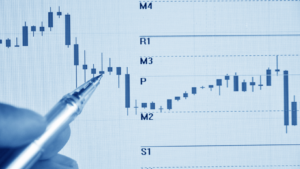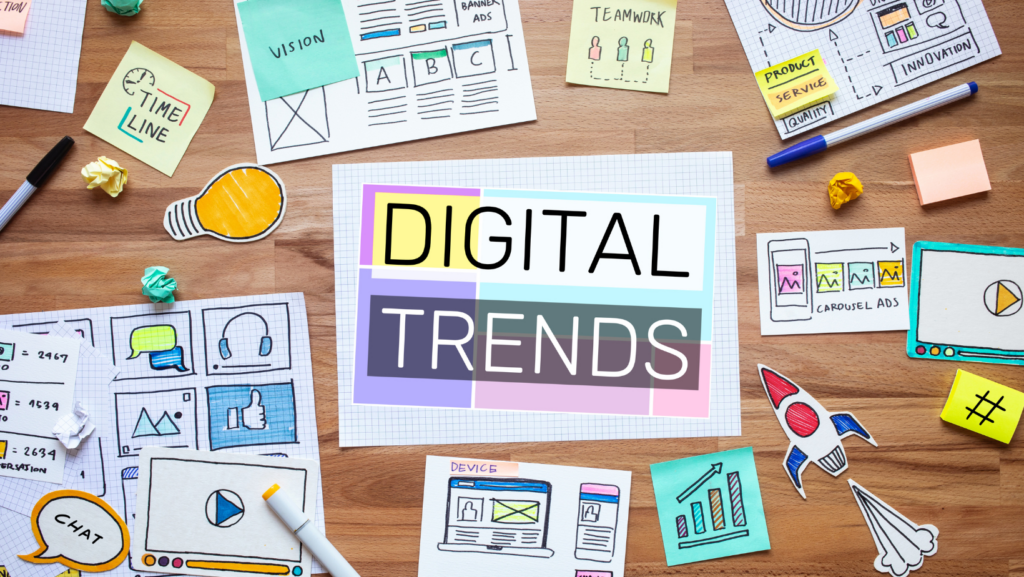In the dynamic world of business, staying ahead of the curve is crucial. That’s where market research comes in, serving as the compass guiding businesses through the ever-changing landscape. Today, we’re diving into the exciting new trends shaping market research.
From AI-powered analysis to the rise of mobile surveys, the face of market research is changing rapidly. These trends aren’t just transforming how businesses gather data; they’re also reshaping how they interpret and act upon it. So, let’s embark on this journey to understand the future of market research.
New Trends In Market Research

Let’s delve deeper into the fundamentals of new trends in market research. This exploration brings into focus the significance of market research and the crucial elements that form its building blocks.
Market research holds a paramount place in the strategic planning process. It navigates businesses through the ever-changing market landscape, providing them with valuable insights to make informed decisions. Driven by data, it gives an overview of market trends, consumer behavior, and competitive analysis. Businesses leverage these insights to identify opportunities, mitigate risks and chart a path for growth. For instance, through market research, a retail brand could identify emerging fashion trends, helping them to align their product offerings accordingly, and maintain relevance in an industry often dictated by seasonal shifts.
Digital Innovations in Market Research

Technological advancements pervade every aspect of market research, with digital innovations garnering significant interest. These transformations revolutionize tactics used in data collection and interpretation. Specifically, artificial intelligence and predictive analytics hold the promising potential to redefine this domain.
The Role of Artificial Intelligence
Artificial Intelligence (AI) sits at the epicenter of digital upheaval in market research. It’s an integral facet of streamlining data collection, interpretation, and prediction processes. AI technologies such as machine learning algorithms and natural language processing exemplify this shift. For instance, AI-powered chatbots facilitate real-time customer interaction, hence optimizing data collection. Meanwhile, AI-driven analytics churn extensive data sets to derive actionable insights, that once required laborious manual efforts.
Rise of Predictive Analytics
Predictive analytics is not a stranger to the frontier of new trends in market research innovations. But recently, it’s astounding surge has marked it as one of the most powerful tools in the arsenal of market researchers. It involves utilizing historical data, statistical algorithms, and machine learning techniques to predict future trends. For instance, a retailer can use predictive analytics to forecast product demand, enabling proactive adjustments in inventory levels. This newfound potential turns predictive analytics from a luxury to a necessity in the fast-paced, data-driven business environment. The rise of predictive analytics resonates with any business’ quest for strategic decision-making based on reliable, forward-looking insights.
Social Media Analytics in Market Research

As market research progresses, its avenues broaden, and social media analytics emerges as a game-changer. This tool offers direct access to consumers’ opinions, transforming how researchers perceive market dynamics.
Mining social media data presents an opportunity to generate insightful information. Businesses may analyze the millions of social media posts made daily to understand trending preferences. For instance, a beverage company might determine the popularity of a new flavor by examining the number of positive posts associated with it.
Direct observation of consumer behaviour through social media platforms emerges as an effective method to evaluate market trends. By studying the likes, shares, and comments generated by product-related posts, businesses understand what resonates with their audience.
The Face of Market Research
New trends in market research has evolved, with AI-powered analysis, mobile surveys, and real-time data collection taking center stage. It’s clear that the future of market research lies in leveraging digital tools for immediate insights, shaping strategies proactively based on consumer sentiments. Businesses can’t ignore the power of social media analytics, a game-changer providing direct access to consumer opinions. Despite the challenges, mobile market research promises high response rates, making it an emerging trend to watch. The success stories of Uber and Airbnb, using live customer feedback to monitor service quality, underscore the importance of real-time data in shaping business strategies. The new trends in market research are not just about keeping up with the times, but about staying ahead, making informed decisions, and driving business success.



